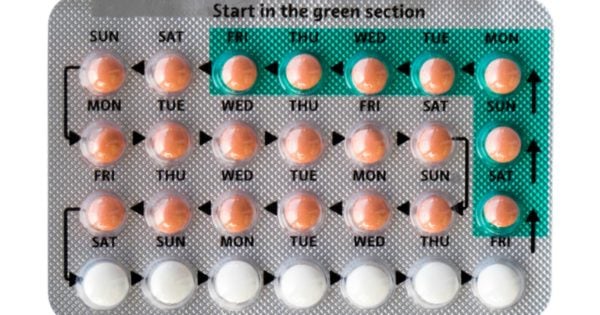For Amanda Parkes, 43, a terrible anniversary is just around the corner.
That’s because on August 26 last year paramedics were called to the Staffordshire home of her daughter, Abbey Parkes, 20, who had suffered a cardiac arrest.
When they arrived, the paramedics found Abbey, a legal secretary, slumped in a living room chair, unconscious and not breathing.
She would never recover, making the day one that “will live with me forever,” Parkes told the Daily Mail.
Abbey, who lived with her boyfriend Liam Grocott, "had gone off to work first thing in the morning, as usual," recalled Parkes.
"Liam received a call from her early in the morning, at about 7.30 am, telling him that she couldn't breathe and he needed to come home.
"Obviously, he dialled [emergency services] and rushed over but there was nothing that could be done."
After Abbey was rushed to the hospital, staff delivered the heartbreaking news that she could not be saved. "It was absolutely heartbreaking. Absolutely devastating," Parkes said.
An inquest into Abbey's death this week has linked it to a rare clotting disorder, called Factor V Leiden. Abbey suffered a pulmonary embolism before her death.
Abbey had been taking the contraceptive pill Logynon for six years before her death, but the inquest was told that taking the pill increases the chances of blood clot by 35 per cent when the person has Factor V Leiden.



Top Comments
What a sad story.
I was hospitalised with a clot in my abdomen after taking the pill. A few months earlier, I talked to my gynecologist about the risks of getting a clot while on the pill after reading an article similar to this one. My doctor scoffed and told me that there was a greater chance of a plane falling out of the sky and killing me than getting a clot from the pill. I felt stupid for asking, and kept taking it. A few months later I was in hospital in crippling pain caused by a clot and am now on anticoagulants for the rest of my life.
I know that doctors are human and medicine is all about weighing up risks, but it seems like the anecdotal evidence about blood clots and the pill is growing bigger than published evidence.
I'm sorry that you have had such a terrible experience. That must have been horrifying.
In response to your last paragraph, anecdotal isn't an effective or accurate way of judging a risk, because we don't publish stories about the people who don't have problems. We will always consider the risks higher in that context.
I have FVL, in Aus it can be tested by blood test. Agree that some screening should occur prior to the pill, as i was also on the pill before I was diagnosed but luckily didn't experience a clot. FVL can also cause fertility & pregnancy complications such as increased miscarriage & stillborn risk & higher risk for pre-eclampsia. Very sad story!
Are you a health economist? Screening tests need to be proven to be cost-effective in order to be nationally recommended and funded by Medicare. The risk of thrombosis in FVL is also dependent on whether you are hetero- or homozygous for the gene - so it's not a simple matter of one-test-fits-all. What you are suggesting is screening all women who want to go on the Pill, with a relative minority who will be considered at increased risk. Lots of money invested for a low return.
To clarify, diagnosis is confirmed by a blood test. "Screening" can be simply your Dr asking about family history, which never occurred when i was given the pill. Perhaps, we should be trying to ensure that all women seek doctors who collect comprehensive patient history prior to pill prescription.